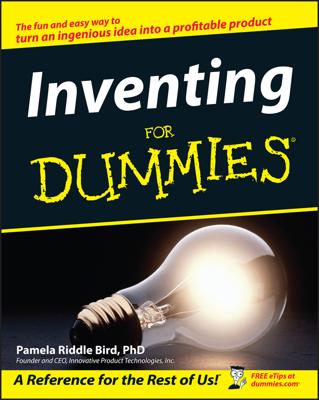You should take steps to protect yourself when starting your own business. Trade secrets generally include sensitive company information that can’t be covered by patents, trademarks, and copyrights. Business plans are often considered trade secrets. The only method of protecting trade secrets is through contracts and non‐disclosure agreements that specifically detail the trade secret to be protected.
No other legal form of protection exists. If you have any concerns about sharing your business plan with anyone outside your circle of trust, including employees or investors, consider creating a contract or a non‐disclosure agreement.
Contracts
A contract simply is an offer or a promise to do something or refrain from doing something in exchange for consideration, which is the promise to supply or give up something in return. So you are asking your employees to not reveal your company’s trade secrets in exchange for having a job there (and not getting sued if they do reveal them).
In addition to using contracts with employees and others who have access to your trade secrets, make sure that no one has all the components of your trade secret. For example, suppose you develop a new barbecue sauce that you intend to brand and market to specialty shops. If you’re producing in large volumes, you obviously can’t do all the work yourself, so you hire others to help. To avoid letting them know how to reproduce your unique barbecue sauce, you can do three things:
Execute a contract with them binding them to not disclose what they know about your recipe.
Provide them with premixed herbs and spices so they don’t know exactly what’s in the recipe.
Give each person a different portion of the sauce to prepare.
Non‐disclosure agreements
Many entrepreneurs and small business start‐ups try protecting their ideas through a non‐disclosure agreement (NDA). An NDA is a document that announces the confidentiality of the material being shared with someone and specifies that the person or persons cannot disclose anything identified by the NDA to other parties or personally use the information.
Providing an NDA to anyone you are speaking to in confidence about your business plan, or any other trade secret, is a good idea. Without it, you have no evidence that you provided your proprietary information in confidence; therefore, it can be considered a public disclosure — that is, no longer confidential.
You definitely want to work with an attorney when you construct your NDA, because it must fit your situation. Generic NDAs do not exist. If you want an NDA to be valid for evidence purposes, it must include the following:
Consideration, or what is being given in exchange for signing the document and refraining from revealing the confidentiality.
A description of what is being covered (be sure this is not too vague or broad).
A procedure describing how the other party will use or not use the confidential information.
Whom should you have sign an NDA? Anyone who will become privy to your trade secret.
Immediate family: Spouses, children, and parents do not usually require NDAs, but it wouldn’t be a bad idea to have them sign one anyway.
Extended family and friends who will not be doing business with you: To meet the consideration requirement for the NDA, you typically offer $1 in compensation.
Business associates or companies with which you might do business: Consideration, in this case, is the opportunity to do business with you. For example, if you show your business plan to a potential investor or creditor, the consideration is the stake in the business or the return on investment.
Buyers: Buyers typically don’t sign non‐disclosures because doing so may preclude them from developing something similar, or they may already be working on a similar concept. For example, toy manufacturer Mattel Inc. will not sign NDAs from inventors because they have a large R&D department that continually works on new ideas for toys. Chances are they’re working on something that will be similar enough to potentially infringe on an inventor’s product.
The truth is, an NDA is only as good (and reliable) as the person who signs it. Fighting a violation of an NDA in the courts is difficult and expensive, so when you’re ready to talk about your business plan with outsiders, sometimes the best thing you can do is be careful whom you talk to.

